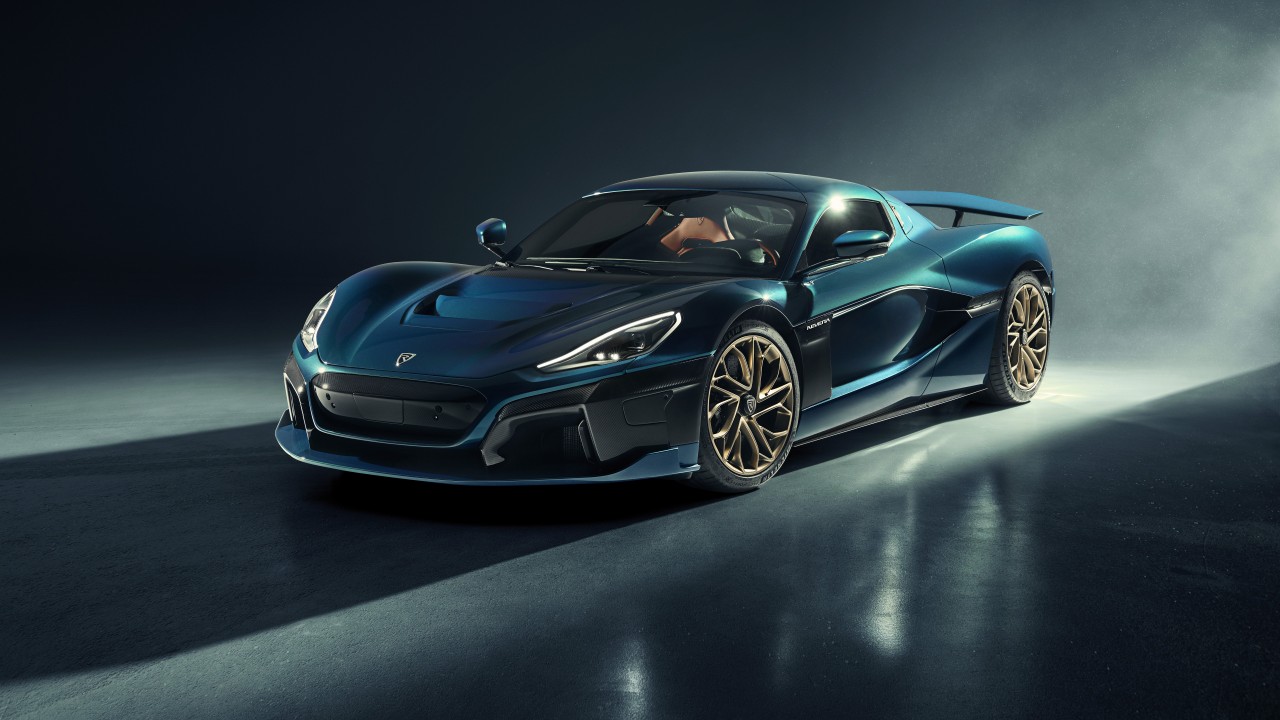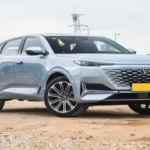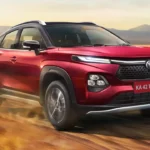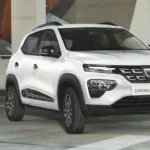River EV, a rising player in India’s electric vehicle (EV) landscape, has garnered attention for its urban electric cars, which promise to cater to the growing demand for clean, sustainable transportation. Positioned as an eco-friendly and innovative option for city dwellers, the company’s urban cars were expected to make a significant impact in India’s rapidly evolving EV market. However, despite its aspirations, River EV is facing a difficult battle for visibility in an increasingly competitive space.
The urban EV segment, which aims to address the needs of environmentally conscious city residents, has become one of the most fiercely contested markets in the automotive industry. River EV, despite its promising offerings, is struggling to carve out a distinct space amidst challenges related to marketing, infrastructure, and consumer awareness.
A Bold Vision for Urban Mobility
River EV’s vision revolves around creating electric vehicles designed for urban environments—compact, affordable, and sustainable. With India’s cities grappling with pollution and traffic congestion, River EV sought to provide a solution that would align with the increasing consumer demand for electric mobility. The company’s urban cars are designed to be compact and efficient, making them ideal for crowded city roads.
However, River EV’s goal to transform urban mobility faces considerable hurdles. While the company’s products are well-suited for city living, their journey to mainstream adoption has been slower than anticipated.
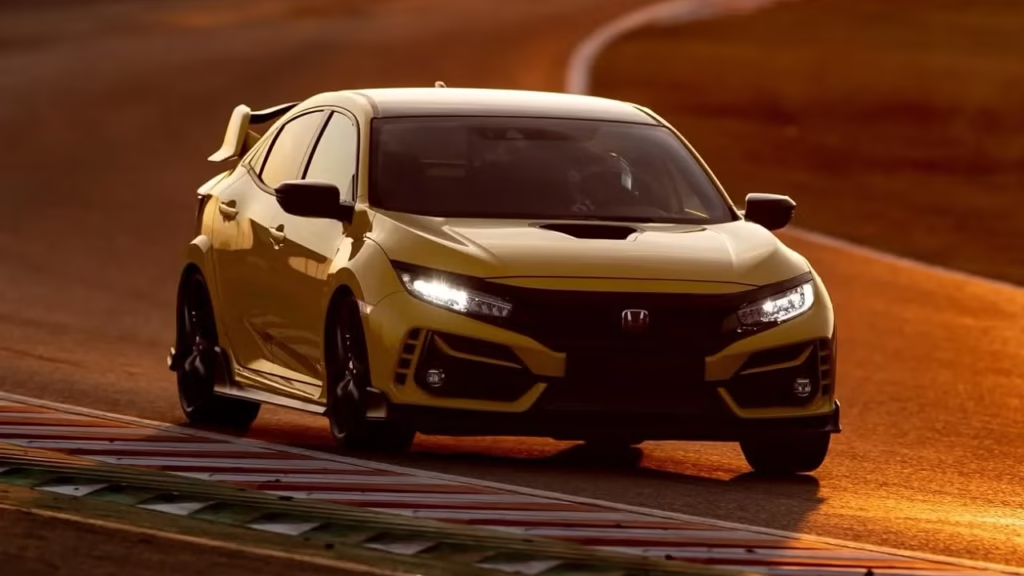
Struggling for Visibility in a Crowded Market
One of the major challenges facing River EV is its struggle for visibility in an overcrowded market. The electric vehicle sector in India has seen a surge in interest, with numerous brands entering the market—ranging from global giants to domestic startups. Companies such as Tata Motors, Mahindra Electric, and Hyundai have already established themselves in the EV space, offering a variety of models with strong brand recognition and established customer bases.
This intense competition makes it difficult for newer players like River EV to stand out. Despite offering products tailored to urban needs, the company has yet to capture significant attention from potential buyers. This lack of visibility is compounded by the fact that consumer interest in electric vehicles remains somewhat tepid, as many still have reservations about range, charging infrastructure, and long-term reliability.
Challenges in Marketing and Brand Awareness
In a market where consumer education is key to adoption, River EV has faced challenges in building its brand identity and establishing consumer trust. Electric vehicles, especially urban ones, require a clear value proposition—why should a buyer choose River EV’s offerings over established alternatives?
While the company has made efforts to promote its urban cars, the marketing strategy has not been robust enough to break through the noise. In an industry where the competition is fierce and every brand is vying for attention, River EV’s relatively low brand awareness has hindered its ability to capture the interest of potential customers.
Moreover, EV adoption in India is still evolving, and many consumers are hesitant to embrace the shift from traditional internal combustion engine vehicles. River EV must go beyond just selling cars and focus on educating consumers about the advantages of electric mobility, including reduced operating costs, lower emissions, and the potential for long-term savings.
Limited Charging Infrastructure and Range Anxiety
Another significant barrier to River EV’s visibility and growth is the limited availability of charging infrastructure. While electric vehicle adoption in India is growing, the country still lacks a comprehensive charging network. This gap creates range anxiety for consumers, especially those who may not have easy access to charging stations in their neighborhoods or along major travel routes.
As urban EVs are often used for daily commutes in cities, the lack of charging infrastructure in smaller towns and semi-urban areas poses a challenge. River EV, like other EV manufacturers, needs to ensure that its cars are equipped with adequate range and that consumers can easily find charging points. Without a reliable charging network, consumers are less likely to consider EVs as a viable option for daily use.
High Production Costs and Affordability Concerns
Affordability is another concern that limits River EV’s ability to break into the mass market. While the company aims to provide an affordable electric vehicle, the costs associated with EV production—especially the batteries—remain high. As a result, River EV’s urban cars may not be as competitively priced as some of the more affordable models offered by established players.
To successfully penetrate the urban market, River EV must find ways to optimize its production processes and reduce costs without compromising on quality or performance. Competitive pricing, paired with government incentives for electric vehicle buyers, will be crucial to attracting a larger customer base.
The Path Forward: What River EV Needs to Succeed
To overcome the challenges it faces, River EV must focus on several key strategies:
- Aggressive Marketing and Consumer Education: River EV needs to invest in strong marketing campaigns that not only showcase its vehicles but also educate consumers about the benefits of electric cars, including cost savings and environmental impact. Highlighting the practicality and affordability of its urban cars can help build trust and attract more buyers.
- Expanding Charging Infrastructure: The company should collaborate with charging infrastructure providers and local governments to increase the number of charging stations, particularly in urban and semi-urban areas. Ensuring that consumers have access to convenient charging options will reduce range anxiety and encourage EV adoption.
- Optimizing Production for Affordability: By focusing on cost-effective manufacturing techniques and reducing the price of key components, such as batteries, River EV can make its urban cars more affordable, thereby broadening its customer base.
- Building a Strong Brand Identity: River EV needs to build a distinct brand identity that resonates with urban consumers who prioritize sustainability, affordability, and technology. Engaging with customers through social media and community-building initiatives can help foster a strong connection between the brand and potential buyers.
Conclusion: River EV’s Road Ahead
River EV’s urban car strategy holds promise, but the company faces a steep uphill battle in a highly competitive market. While its products are well-suited for urban mobility, issues related to visibility, marketing, charging infrastructure, and affordability continue to hinder its success. With the right focus on consumer education, production optimization, and infrastructure expansion, River EV has the potential to carve out a niche for itself in the growing Indian electric vehicle market.
